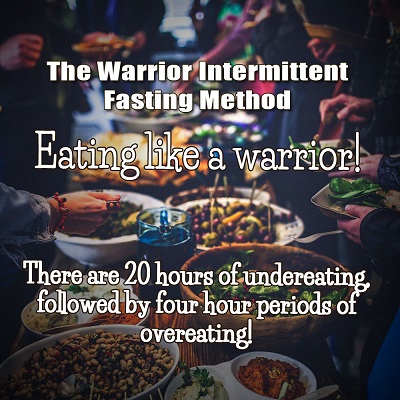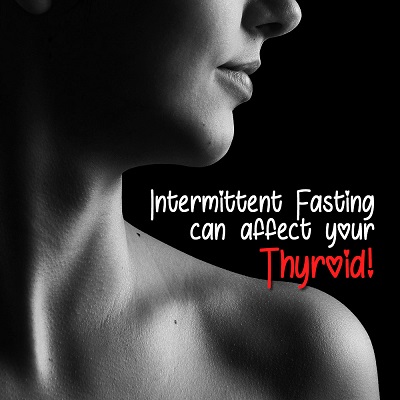Intermittent Fasting
 If you have been trying to lose weight, you have probably heard of intermittent fasting. It’s a diet that doesn’t tell you what to eat, it tells you when to eat. It has been linked to several health benefits, including improved metabolism, decreased insulin and blood sugar levels, better sleep, and improved mental health.
If you have been trying to lose weight, you have probably heard of intermittent fasting. It’s a diet that doesn’t tell you what to eat, it tells you when to eat. It has been linked to several health benefits, including improved metabolism, decreased insulin and blood sugar levels, better sleep, and improved mental health.
There are various ways to practice intermittent fasting, including the 16:8, 5:2, alternate-day fasting, and the eat-stop-eat method. Another popular method is the Warrior Method, which was developed in 2001 by former Israeli Special Forces member Ori Hofmekler. He took inspiration from the ancient practice of soldiers who ate little during the day and feasted at night.
The warrior method of intermittent fasting involves eating little during a 20 hour period and then during the remaining 4 hours, you eat as much as you like. You basically binge like a warrior! Continue reading
 Intermittent fasting alternates fasting and feeding periods at varying frequencies and durations, enabling your body to take a rest and repair itself in the non-eating intervals. Intermittent fasting has been touted for its many health benefits, including its potential to increase longevity, reduce risks of diabetes, promote heart health, prevent Alzheimer’s disease, and more.
Intermittent fasting alternates fasting and feeding periods at varying frequencies and durations, enabling your body to take a rest and repair itself in the non-eating intervals. Intermittent fasting has been touted for its many health benefits, including its potential to increase longevity, reduce risks of diabetes, promote heart health, prevent Alzheimer’s disease, and more.
This eating cycle impacts our body in many ways, including our hormones. One common concern is how intermittent fasting affects our thyroid health. The thyroid gland affects metabolism, growth, and development in our body, and regulates many of its functions, as hormones are released into the bloodstream.
This raises questions, such as:
- Can you fast if you have a thyroid condition?
- Can fasting help reverse a thyroid problem?
- Is fasting really safe for your thyroid?






